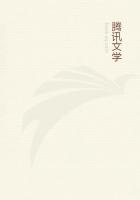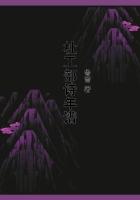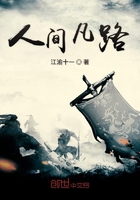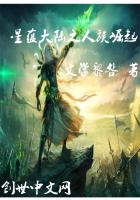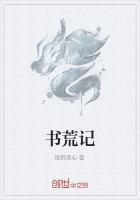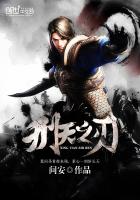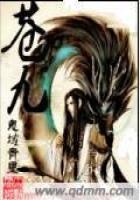The following pages attempt to uncover these newer ideals as we may daily experience them in the modern city. It may be found that certain survivals of militari** in municipal government are responsible for much of the failure in the working of democratic institutions. We may discover that the survivals of warfare in the labor movement and all the other dangers of class morality rest largely upon an appeal to loyalties which are essentially a survival of the virtues of a warlike period. The more aggressive aspects of the newer humanitarianism may be traced in ( 28) the movement for social amelioration and in the protective legislation which regards the weakest citizen as a valuable asset. The same spirit which protests against the social waste of child labor also demands that the traditional activity of woman shall be utilized in civic life. When the State protects its civic resources, as it formerly defended its citizens in time of war, industrialism versus militari** comes to be nurture versus conquest. In order to trace the displacement of the military ideals of patriotism by those of a rising concern for human welfare, we must take an accounting between those forms of governmental machinery and social organization which are the historic outgrowth of conquest and repression and the newer forms arising in their midst which embody the social energy instantly recognizable as contemporaneous with our sincerest moral life. To follow this newer humanitarianism even through its obvious manifestations requires at the very outset a definite abandonment of the eighteenth-century philosophy upon which so much of our present democratic theory and philanthropic activity depends. It is necessary from the very beginning to substitute the scientific method of research for the a priori method of the school men if we would deal with real people and obtain a sense of participation with our fellows. The ( 29) eighteenth-century humanitarian hotly insisted upon "the rights of man," but he loved the people without really knowing them, which is by no means an impossible achievement. "The love of those whom a man does not know is quite as elemental a sentiment as the love of those whom a man does know," but with this difference, that he shuts himself away from the opportunity of being caught and carried forward in the stream of their hopes and aspirations, a bigger and warmer current than he dreams of. The eighteenth-century humanitarian substituted his enthusiastic concept of "the natural man" for the warmth which this stream might have given him, and so long as he dealt with political concepts it answered his purpose. Mazzini made a most significant step between the eighteenth-century morality and our own by appealing beyond "the rights of man" to the "duties to humanity ;" but although an impassioned democrat, he was still a moralist of the earlier type. He realized with them that the appeal to humanity would evoke a finer and deeper response than that to patriotism or to any sectional morality; but he shared the eighteenth-century tendency to idealization. It remained for the moralist of this generation to dissolve "humanity" into its component parts of men, women, and children and to serve their humblest needs with an en-( 30) thusiasm which, so far from being dependent upon glamour, can be sustained only by daily knowledge and constant companionship.
It is no easy task to detect and to follow the tiny paths of progress which the unencumbered proletarian with nothing but his life and capacity for labor, is pointing out for us. These paths lead to a type of government founded upon peace and fellowship as contrasted with restraint and defence.
They can never be discovered with the eyes of the doctrinaire. From the nature of the case, he who would walk these paths must walk with the poor and oppressed, and can only approach them through affection and understanding.
The ideals of militari** would forever shut him out from this new fellowship.
ENDNOTES L T. Hobhouse, Democracy and Reaction, page 197. The Growth of Cities in the Nineteenth Century. A. T. Weber, page 423. William James, Professor of Philosophy at Harvard University.


